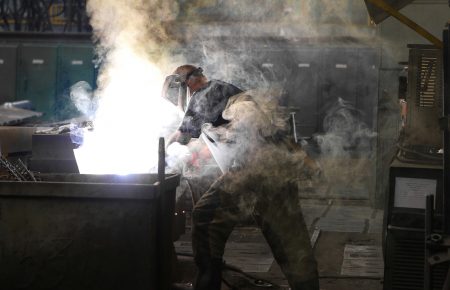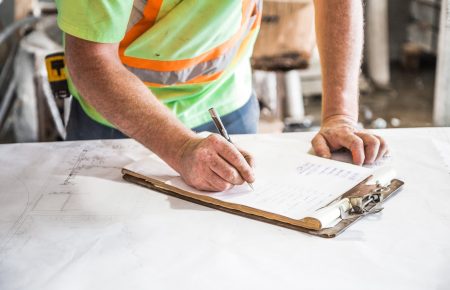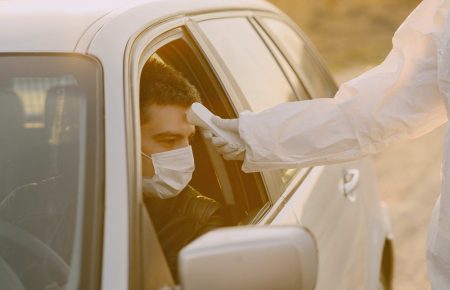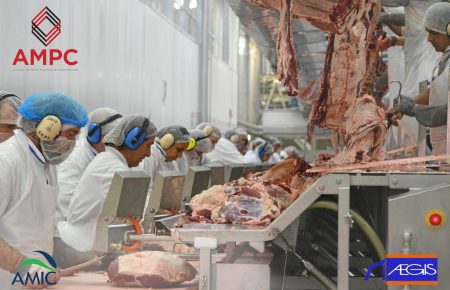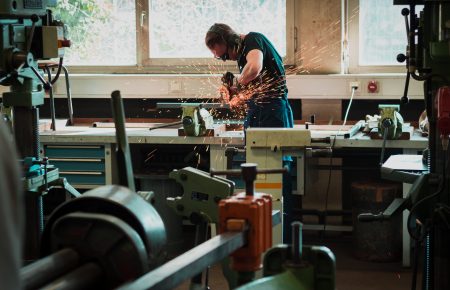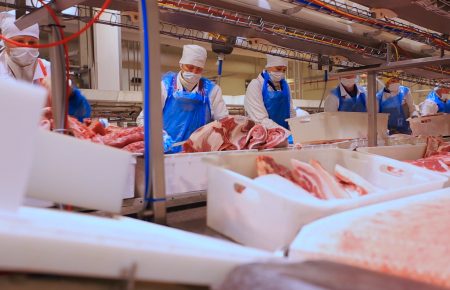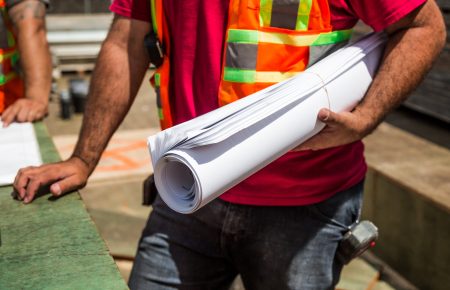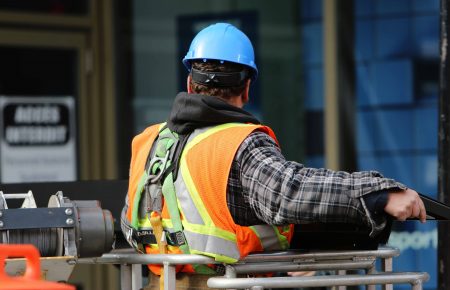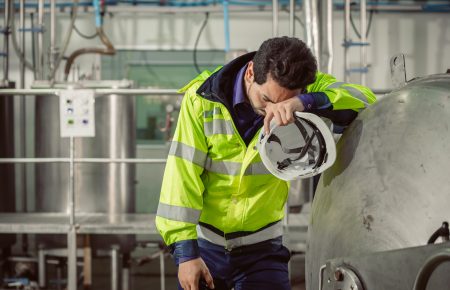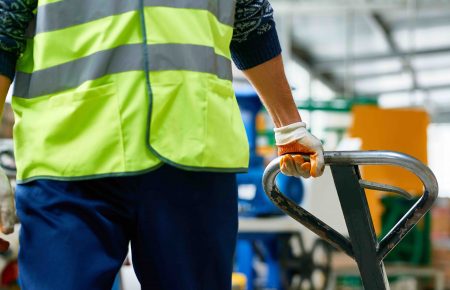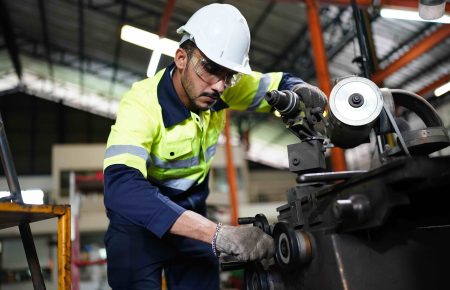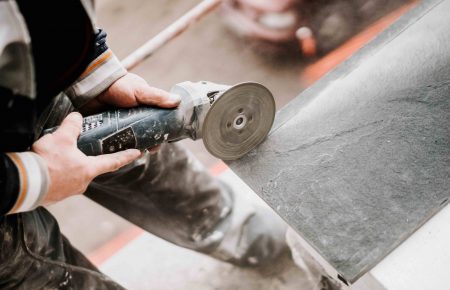An auto recycler in Brisbane has become the first business to be sentenced according to Queensland’s new industrial manslaughter laws.
Last week, Judge Anthony Rafter SC sentenced Brisbane Auto Recycling’s two company directors to 10 months’ imprisonment in addition to a $3 million fine for the May 2019 death of a worker.
The worker was struck when hit by a reversing forklift being driven by an unlicensed worker. The worker died eight days later from his injuries.
The business pleaded guilty to industrial manslaughter. However, the directors’ sentences have been wholly suspended.
The directors, Asadullah Hussaini and Mohammad Ali Jan Karimi, had also been charged separately with engaging in reckless conduct that resulted in the death of a worker.
In his determination, Judge Rafter found that the company had not made any attempt to implement health and safety procedures to protect workers. In addition, the judge stated that the measures that could have been taken to avoid the hazard were simple and not costly.
Cases such as a these are only going to become more common unless more company directors are aware of the importance of preventative measures. All companies need to be aware of their obligations in relation to health and safety laws.
Industrial manslaughter first became an offence in Queensland in 2017 under the Work Health and Safety Act.
The ACT was the first state or territory to introduce industrial manslaughter as a criminal offence back in 2004. In Victoria, industrial manslaughter became a criminal offence in 2019 in the Workplace Safety Legislation Amendment (Workplace Manslaughter and other matters) Bill 2019.
Similarly, in 2019 Western Australia introduced its Work Health and Safety Bill 2019, which includes two categories of industrial manslaughter.
In 2019, the Northern Territory introduced the offence of industrial manslaughter in an amendment to its Work Health and Safety (National Uniform Legislation) Act 2011.
Currently there are no specific industrial manslaughter laws in South Australia, NSW or Tasmania.
The lesson companies need to learn is: don’t wait until after something has happened to contact a workers’ compensation specialist insurer. By then it will be too late.
If you would like to speak to someone about your obligations as an employer, get in touch with us today.







